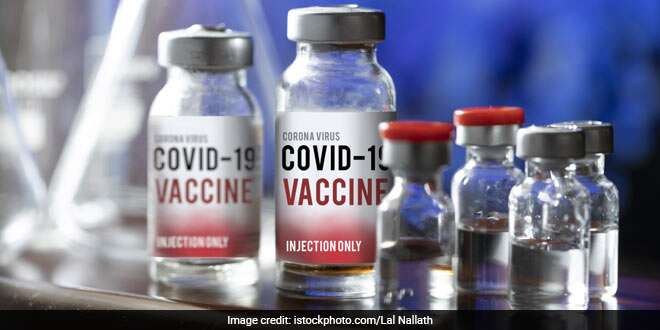By Iyemah David
The Federal Government of Nigeria has received a 9.3 million Canadian dollars grant from the Global Initiative for Vaccine Equity (CanGIVE), to boost COVID-19 vaccine delivery and strengthen the broader health system in the country.
The Canadian High Commissioner, Ambassador Jamie Christoff, disclosed this on Wednesday in Abuja, during the launch of CanGIVE in Nigeria.
The event was hosted by the Federal Ministry of Health, in collaboration with the National Primary Health Care Development Agency (NPHCDA), and Nigeria Centre for Disease Control and Prevention (NCDC), supported by World Health Organization (WHO).
Chrisoff said that Nigeria, amongst six other countries, would benefit from the global initiative of $317 million (Canadian) by Canada.
He said that as the world moved beyond emergency pandemic response, continued access to COVID-19 vaccines, tests and treatments would remain critical for high-risk groups.
Christoff said that under the CanGIVE, WHO projects would be implemented in seven countries, with Nigeria receiving the greatest share.
“Nigeria was also amongst the first countries to receive COVID-19 aid from Canada in September 2021.
“This important project is another important example of Canadian historical institutional relationship with the support of Nigeria in the critical work for preventing diseases and protecting those most at risk in the country,” he said.
He said that countries required support to integrate COVID-19 vaccination into ongoing immunization programmes and primary health services in a way that strengthened the broader health system and reverses the backsliding trend in routine immunisation over the pandemic.
“Canada is contributing to these efforts, building on Canada’s long-standing commitment to investing in and supporting health systems worldwide.
“Through CanGIVE, Canada will continue to support vaccination for high-risk groups where vaccination coverage remains low, particularly in humanitarian contexts and hard-to-reach places,” he said.
He said that the initiative would build on Canada’s long-standing commitment to invest and support health systems worldwide.
CanGIVE is aimed to “strengthen vaccine delivery systems and community outreach to reach high-priority and marginalized groups”.
It also aims to integrate COVID-19 prevention and care, including increased gender-responsive capacity into routine health services in a way that strengthens the broader health system.
The Director-General, NCDC, Dr Ifedayo Adetifa, disclosed that the agency would be getting $1.4 million (Canadian) to strengthen the broader health system.
Adetifa said that the surveillance was important in helping the country to monitor and evaluate emerging patterns and trends of disease.
While expressing the agency’s appreciation for the grant, he said that surveillance was crucial because it contributes to better prevention and management of infectious diseases.
The Executive Director, NPHCDA, Dr Faisal Shuaib, said that while the country made significant progress, it still had work to do.
He said that the states targeted for implementation included Ondo, Rivers, Kogi, Delta, Ebonyi, Lagos, Akwa-Ibom, Bayelsa, Benue, Ogun, Katsina, Taraba, Anambra, Kebbi and Edo.
He, however, assured the Canadian government, donors and partners that the Federal Government was fully committed to sustaining and improving COVID-19 and routine immunization performance, along with other PHCs services.
Meanwhile, Dr Walter Kazadi Mulombo, Head of Mission & Representative, WHO, Country Representative Office in Nigeria, said that in spite of the country’s achievements, there was still more work to be done.
Mulombo said that WHO would continue to provide technical support to implement one health approach to preparedness and response and integrate COVID-19 surveillance and response activities into routine health programmes.
Prime Minister Justin Trudeau announced on May 12, 2022, that CanGIVE would focus on 12 countries: Bangladesh, Colombia, Côte d’Ivoire, the Democratic Republic of Congo, Ghana, Haiti, Jamaica, Mozambique, Nigeria, Senegal, South Africa and Tanzania.
Trudeau said those investments were part of Canada’s $732-million commitment to the ACT-Accelerator.




